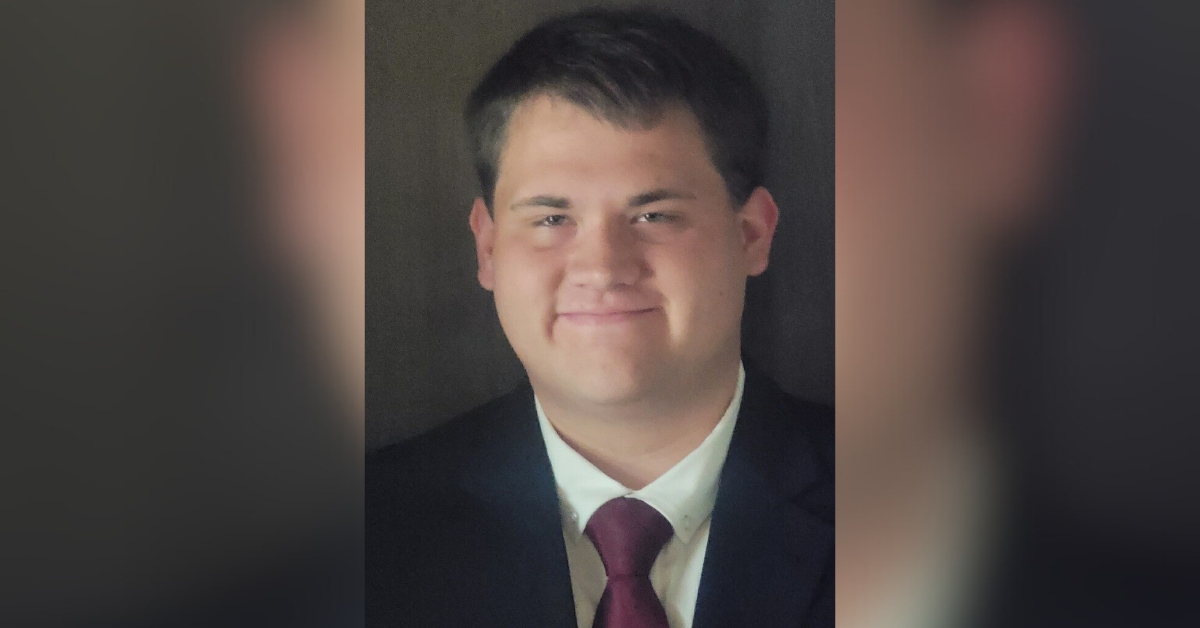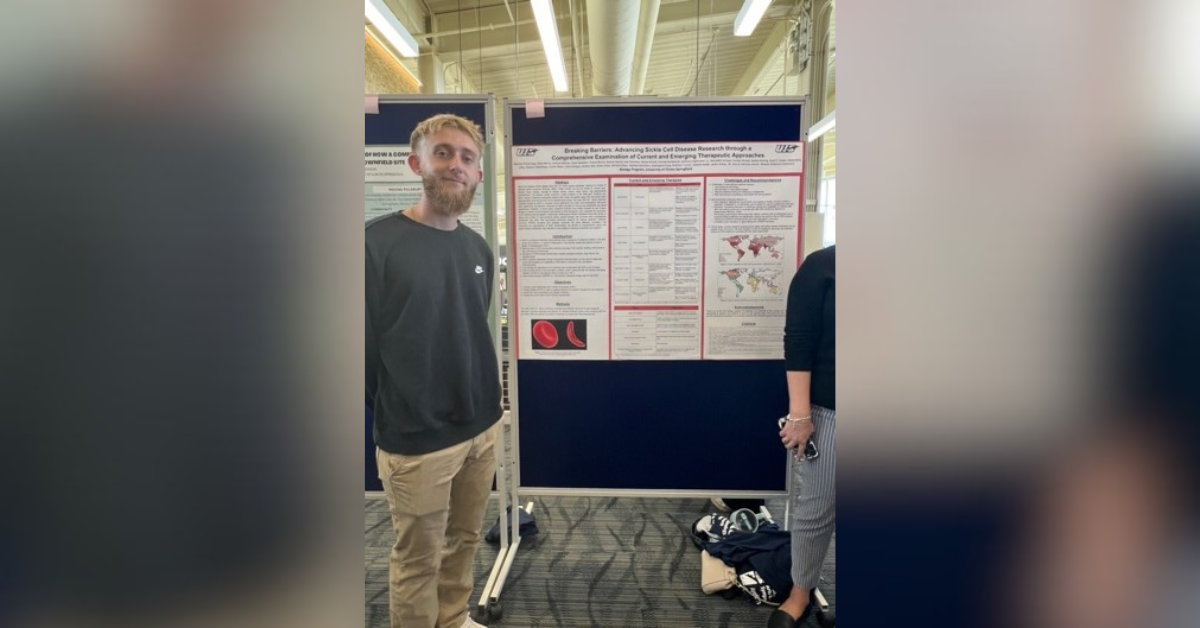Author T.A. Noonan read excerpts and poems from her two hybrid genre collections The Bone Folders and Petticoat Government while at UIS. Her work has appeared in many well known literary magazines such as Verse Daily, Specs, Harpur Palate, and RHINO. UIS Creative Writing and Publishing Series brought Noonan to UIS.
Noonan’s recent collections contain a theme that blends witchcraft with body image pertaining to women’s self-esteem. Her essay “The Trouble with Correspondents” from Petticoat Government is about Noonan’s experience joining the covenant of witches while overcoming obesity.
“There’s a lot of nice ways to call someone fat besides…voluptuous…plus size…full figured. Yet the scientists class me as ‘morbidly obese.’ Society tells us that fat people are usually poor, stupid, flawed…but it wasn’t always like that, they claim. There was a time when [curvy women] were desirable…Thinness is the measure of health, wealth, and success. Fat people are too fleshy for life, too fleshy to live.” -segment Noonan shared from “The Trouble with Correspondents.”
Megan Cass, Assistant Professor in English with a concentration in Creative Writing, is a close friend of Noonan and introduced her at the reading. Cass and Noonan met while they were earning their Ph.D.’s in 2006.
“T.A. Noonan is one of my oldest and best friends,” Cass said. “She inspires me all the time in her writing and in her teaching.”
Cass said she likes Noonan‘s writing because of “her very unconventional take on female bodies and sexuality. She’s one of the few poets out there that’s writing directly about female desire, particularly body image and obesity in relationship to poetry, popular culture, witchcraft, and language.”
Erich O’Connor, junior and English major, said he enjoyed the excerpt from “The Trouble with Correspondents.”
“I really didn’t expect it to get into mysticism,” he said. “I think obesity is an issue that people are dealing with on a national level, and she took it from her own personal perspective. It can be damning to be boxed into a corner like that and be categorized and labeled.”
“The Trouble with Correspondents” was named a Notable Essay in the 2011 edition of Best American Essays.
Noonan admitted that it is easier for her to write poems instead of creative nonfiction.
“I find nonfiction to be so much harder because I have to be a lot more honest about myself. I can kind of lie, cheat, get away with things in my poems that I can’t get away with in nonfiction.”
Noonan expressed passion for poems with “rules.” She said: “I am obsessed with poetic form…Give me a random rule; I’ll totally write a poem around it.” Her example she read on Wednesday included a poem that could not have the letters “K” and “O” in it.
Noonan said poetry, “is at the core of what I am interested in,” which is why she also lead a workshop on student poems a few hours before the reading.
Joey Cruse, a graduate student with a major in English, had his poems critiqued by Noonan.
He said the workshop, “was very constructive. It’s always useful to have someone come from another place and critique what you don’t get to hear from your peers or teachers.” Cruse said Noonan’s criticism has “[pushed] me into a better direction with my poetry than before.”
Cass explained that Noonan’s reading and workshop are a part of the Creative Writing and Publishing Series offered by the English Department. She said, “We’ll be bringing in fiction writers, poets, editors, and publishers from all around the country to give readings like this and also give small workshops.”
The next reading/workshop is on Thursday, October 11, 7-8 p.m. in PAC, featuring fiction writer/poet Daniel Crocker. For more information, visit the UIS English Department on Facebook.
T. A. Noonan is an editor for Sundress Publications. More information about her and her collections can be found at sundresspublications.com.
Extra Help from T.A. Noonan:
Common Mistakes Made By Young Poets
- A weak title.
- Line breaks that create emphasis on word(s) without a reason.
- Cliché language.
- Generalization *What makes a poem universal is its specificities.






